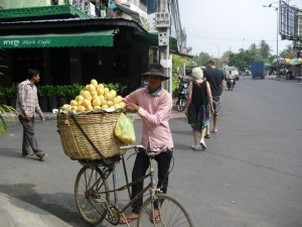
This is another installment of Cedar’s Digest, a series of poetic stories about the experiences my husband, Ren Ruslan Feldman, and I are having living for six months in Central Borneo. We are volunteer teachers in a small, innovative Indonesian school. The school is child-centered with a focus on hands-on learning and character development. Classes are taught in English and Indonesian.
Phnom Penh–just the names bring forth
images of war, massacres, jungles, poor peasants,
rice paddies, ambushes, fear, danger, landmines…
flying in, we look down at small green patches
of villages surrounded by fields and connected by
small brown roads
I’m surprised not to see the ravages of war.
The airport is modern-ish
You can get along in English or Khmer or French
Cambodia was a French colony
I had forgotten
Cambodian English is kind of delightful
Since they can’t say the ce or ch sounds,
we hear “Have ni time, This is Fren restaurant,
Do you want ri with that?”
In addition, English is pronounced with a French accent
like: “This is a pagoDA, These are loTUS flowers.”
Our dear friends David and Nerina and their son Curran
meet us at the airport
and drive us to our little bed and breakfast
in the “expat” area of town
Phnom Pehn is an Asian city
coming into its own economically
In the morning, David and Nerina
come by to pick us up in a “tuk tuk”
a quaint little cart pulled by motorcycle
“$2 dollar” (American money is the most popular currency!)
we plan the day, “Let’s see
how about a lovely $8 hour-long foot massage
in a lounge chair with tea or juice?
and then there’s the FCC (Foreign Correspondent’s Club)
where we could go for lunch
it’s on the Tonle River just where it connects with the Mekong
closed up during the war days
but now back in service
tall ceilings, fans,
river views, pagoda views
classic pub atmosphere…
then maybe a nap and a swim
and then Nerina and Cedar can get their hair washed
and their nails done for $7
Then we can go to a wine bar where we get a view of the city
and then a Cambodian barbecue that’s a must while you’re here.”
“Okay, sounds great!”
There’s not much to see in the city
other than daily life happening
and there is plenty of that
the usual street stalls with all kinds of merchandise
the massive central market
teeming, literally, teeming with everything imaginable
and linked with every imaginable smell
exhausting after 15 minutes of wandering and bargaining
new apartments gradually replacing old slums
we have good food, good times with our friends,
friendly hotel to stay in
adventures to remember
Phnom Penh–just the names bring forth
images of war, massacres, jungles, poor peasants,
rice paddies, ambushes, fear, danger, landmines…
flying in, we look down at small green patches
of villages surrounded by fields and connected by
small brown roads
I’m surprised not to see the ravages of war.
The airport is modern-ish
You can get along in English or Khmer or French
Cambodia was a French colony
I had forgotten
Cambodian English is kind of delightful
Since they can’t say the ce or ch sounds,
we hear “Have ni time, This is Fren restaurant,
Do you want ri with that?”
In addition, English is pronounced with a French accent
like: “This is a pagoDA, These are loTUS flowers.”
Our dear friends David and Nerina and their son Curran
meet us at the airport
and drive us to our little bed and breakfast
in the “expat” area of town
Phnom Pehn is an Asian city
coming into its own economically
In the morning, David and Nerina
come by to pick us up in a “tuk tuk”
a quaint little cart pulled by motorcycle
“$2 dollar” (American money is the most popular currency!)
we plan the day, “Let’s see
how about a lovely $8 hour-long foot massage
in a lounge chair with tea or juice?
and then there’s the FCC (Foreign Correspondent’s Club)
where we could go for lunch
it’s on the Tonle River just where it connects with the Mekong
closed up during the war days
but now back in service
tall ceilings, fans,
river views, pagoda views
classic pub atmosphere…
then maybe a nap and a swim
and then Nerina and Cedar can get their hair washed
and their nails done for $7
Then we can go to a wine bar where we get a view of the city
and then a Cambodian barbecue that’s a must while you’re here.”
“Okay, sounds great!”
There’s not much to see in the city
other than daily life happening
and there is plenty of that
the usual street stalls with all kinds of merchandise
the massive central market
teeming, literally, teeming with everything imaginable
and linked with every imaginable smell
exhausting after 15 minutes of wandering and bargaining
new apartments gradually replacing old slums
we have good food, good times with our friends,
friendly hotel to stay in
adventures to remember


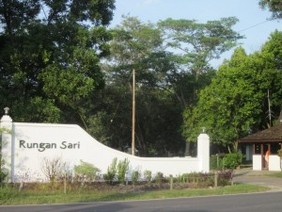
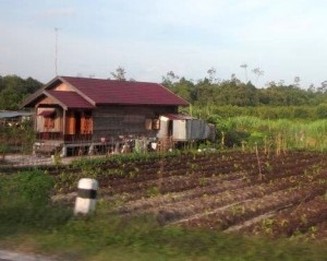
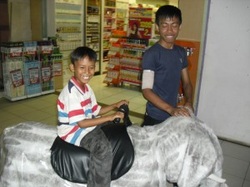
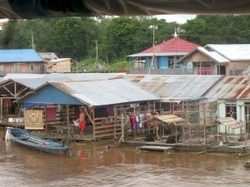
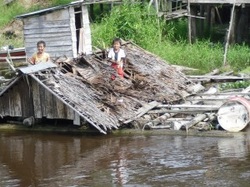
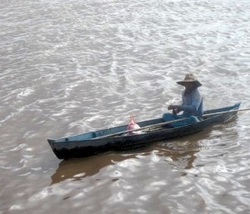
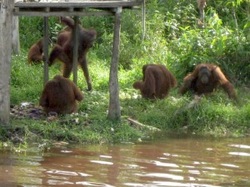


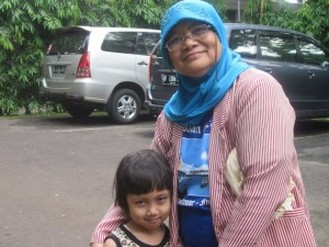
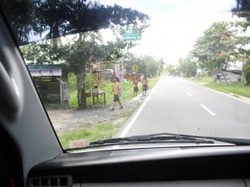
 RSS Feed
RSS Feed